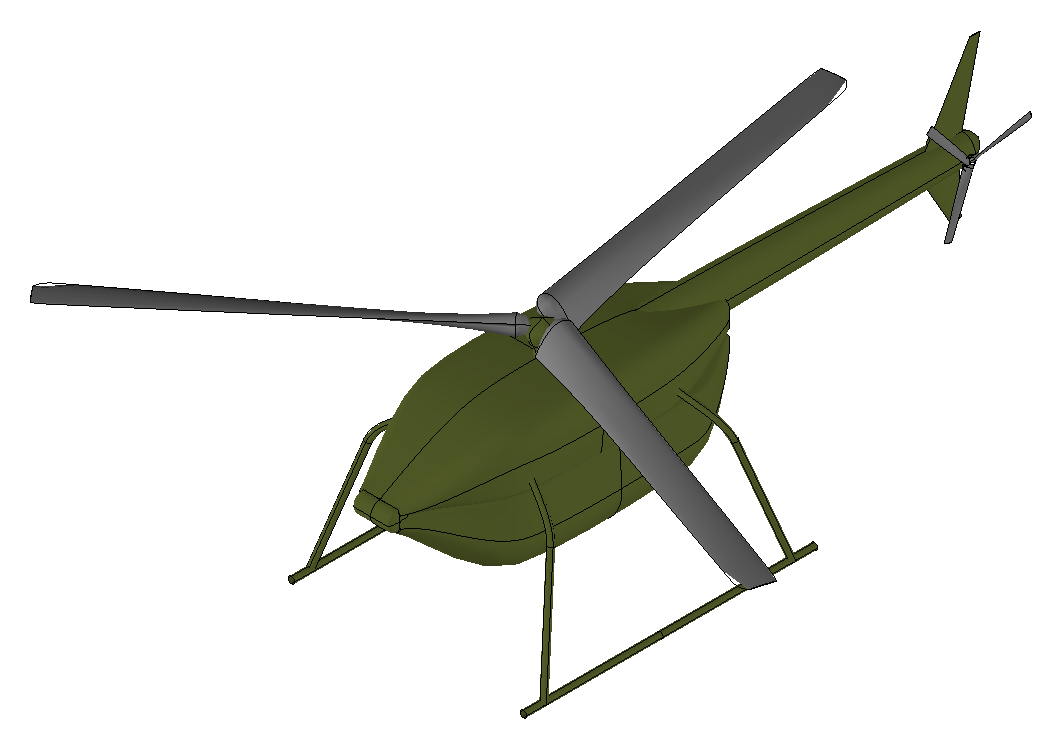Products
Problem Statement
In future conflicts, the US Joint Force Sustainment faces increasing operational demands:
-
Dispersed battlespace
-
Contested Logistics Corridors
-
Anti-Access/Area Denial
-
High Tempo, 24/7 Operations
Traditional logistics are too vulnerable and too slow to keep up. Sustainment must be mobile, adaptive, and survivable. Tactical/Operational Level resupply can be highly available, low cost per ton-mile & flight hour, rapid response, suited for LCSO/DDIL environment, runway independent and capable of delivery over any terrain, Fixed/mobile/maritime-based, organic to logistics units
Our Solution:
TETHER Aircraft Family
Value Proposition
Uncrewed
No onboard pilots; fully autonomous
Attritable
Low-cost, high manufacturability and expendable
Vertical Lift
Operates without runways
Modular
Payloads and missions easily reconfigured
Connected
Emphasis on fit into web of operations
Initial Mission: Frontline logistics, delivering supplies in contested, DDIL environments
Future Applications: Decoy, Kinetic or EW Payload Delivery, Battalion-Level Long-Range ISR, Industrial Access, Rural & Regional Cargo, Aerial Firefighting

Aircraft Features
Proven Powertrain
Long range, no electric charging infrastructure needed, DoW service history
Single Main Rotor
Runway independence, higher cruise speed than fixed prop systems, novel blade
Airframe
Affordable, low maintenance, rapid assembly/disassembly for transport
Navigation/Autonomy
No/Low-GPS flight ops, all-phase landing autonomy, reduced operator workload and training
System Architecture
Modular/Open for easy upgrades and reconfiguration, integration with crewed and uncrewed assets
Detachable pod
Initial - cargo-carrying, Future - multi-mission systems containment
